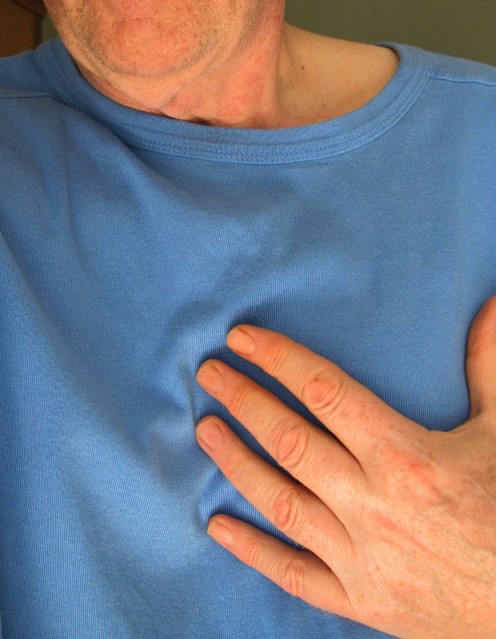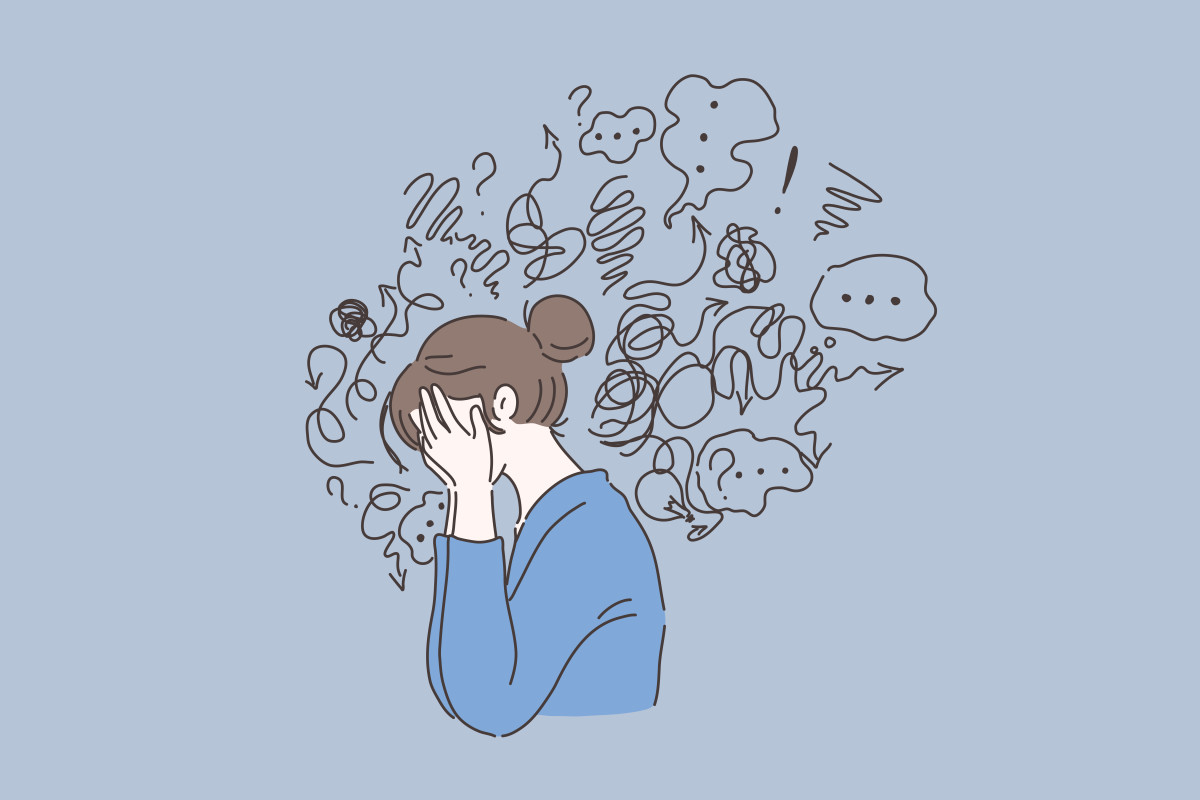DEPRESSION - A Common But Serious desease

Put Your Foot Forward to Defeat Depression
A person, whose feelings of being fed up, miserable or sad, if interfere in his daily life, routines, functioning and personal relationships, is called depressed. Most people with a depressive illness never seek treatment though most of them need treatment to get better. Some of us seem to be more vulnerable to depression because of our genes or early life experiences or both. Indeed, 15% of severely depressed individuals kill themselves. You may start to notice pains, constant headaches or sleeplessness thinking to be a part of physical illness. In fact, physical symptoms like this can be the first sign of depression. According to Dr. H P Kumar, depression is often seen along with chronic physical illnesses, such as heart disease, stroke, diabetes, cancer or adverse life events death of spouse, and is mistakenly interpreted to be normal reaction to these stressors. This fully treatable condition, thus often goes unreported and untreated. Depression can and should be treated when it co-occurs with other illnesses, for untreated depression can delay recovery from or worsen the outcome of physical illenesses. Depression can run in families. If you have one parent who has severe depression, you are eight times more likely to become depressed yourself. It is more common in women than in men, but men do get depression too. Nearly twice as many women as men are affected by a depressive disorder each year. Although men are four times more likely than women to die more likely than women to die by suicide, women report attempting suicide about two or three times as often as men.
SYMPTOMS OF DEPRESSION :
1.Feel unhappy most of the time
2.Feel worse at a particular time each day, usually in the morning
3.Lose interest in life and can't enjoy anything
4.Find it harder to make decisions
5.Can't cope up with things that they are used to
6.Feel very tired
7.Feel restless and agitated
8.Lose appetite and weight
9.Take 1-2 hours to sleep, and then wake up many times at night, wake up earlier than usual in the morning
10.Lose interest in sex
11.Lose their self confidence
12.Feel useless, inadequate and hopeless
13.Feel irritable
14.Think of suicide, at times make plans
WHY DO PEOPLE GET DEPRESSED :
- It happens because of combination of genetic inheritance, abnormalities in brain chemistry and structure, and psychological factors.
- The stressors such as trauma, loss of loved ones, a difficult relationship, and failures in life can trigger depression.
- Physical illnesses can affect the way the brain works and so cause depression.
- Regular heavy drinking is likely to make you more depressed.
WHEN DOES IT STARTS :
- It can occur across all ages, starting from childhood and adolescence to elderly people..
- Many children having disorders of hyperactivity and inattention conduct disorders and other behavioral problems tend to develop depression.
- A group of psychological and physical symptoms starting a few days before and ending shortly after the onset of a menstrual period. The physical symptoms include breast tenderness, abdominal discomfort and a feeling of distension.
- Depression is common in women in the reproductive age group and pregnancy is not protective. Severe prepartum depression is sometimes left untreated which affects the physical as well as psychological growth of the foetus.
- A relatively common phenomenon, occurring in 50 to 80% of women in the immediate postpartum period is typically known as BABY BLUES. It is characterized by rapid mood shifts, including tearfulness, irritability, anxiety, insomnia and general experience of feeling overwhelmed. Onset generally occurs after 3rd or 4th postpartum day, beak by 5th day and spontaneously resolves by 10th day.
- Postpartum depression is the illness associated with the delivery of child seen in 10% to 15% women, caused by changes in hormones and can run in families. It usually starts after 3 to 6 months after delivery.
- As a late life depression, clinically significant depression has been reported in 20% to 30% of elderly.
MEDICAL HELP :
- Most common choices for treatments of depression are medications, psychotherapy, combination of both, electroconvulsive therapy and light therapy.
- Accute treatment aims at full symptom remission and restoration of full function.
- Continuation treatment aims to sustain gains, thereby preventing relapse.
- Maintenance treatment is to prevent new episode.
- Maintenance phase treatment is indicated in those who have three or more episodes or the first episode has been chronic, lasting for more than 2 years.
Cognitive behavioural therapy (CBT) :
It helps you to identify any unrealistic and unhelpful ways of thinking, then develop new helpful ways of thinking and behaving.
Problem solving therapy :
It helps you to be clear about your key problems, how to break them into manageable bits and how to develop problem solving skills.
Interpersonal psychodynamic psychotherapy :
This may be more suitable if one has interpersonal problems. This tends to be a longer treatment and helps you to see how your past experiences may be affecting your life.
Medication affect everyone differently. Sometimes several different types have to be tried before finding the one that works. Talking treatments/counselling is effective for mild to moderate depression. They include cognitive behavior therapy, problem solving therapy, couple, family and group therapy interpersonal and psychodynamic psychotherapy.
HOW CAN FAMILY MEMBERS HELP :
- Listen them patiently and help them find a solution
- Encourage them to talk
- Reassure them they will get better over and over again
- Help them to maintain their daily routine
- Help them to stay away from alcohol
- Encourage them to accept help
- Don't discourage them from taking medicines or seeing a counselor or a therapist.

Please Visit on My Infor Hub
- Renal disease - precautions
Reasons of causing renal disease, precautions and some information is elaborated in this MEDI-HUB.








